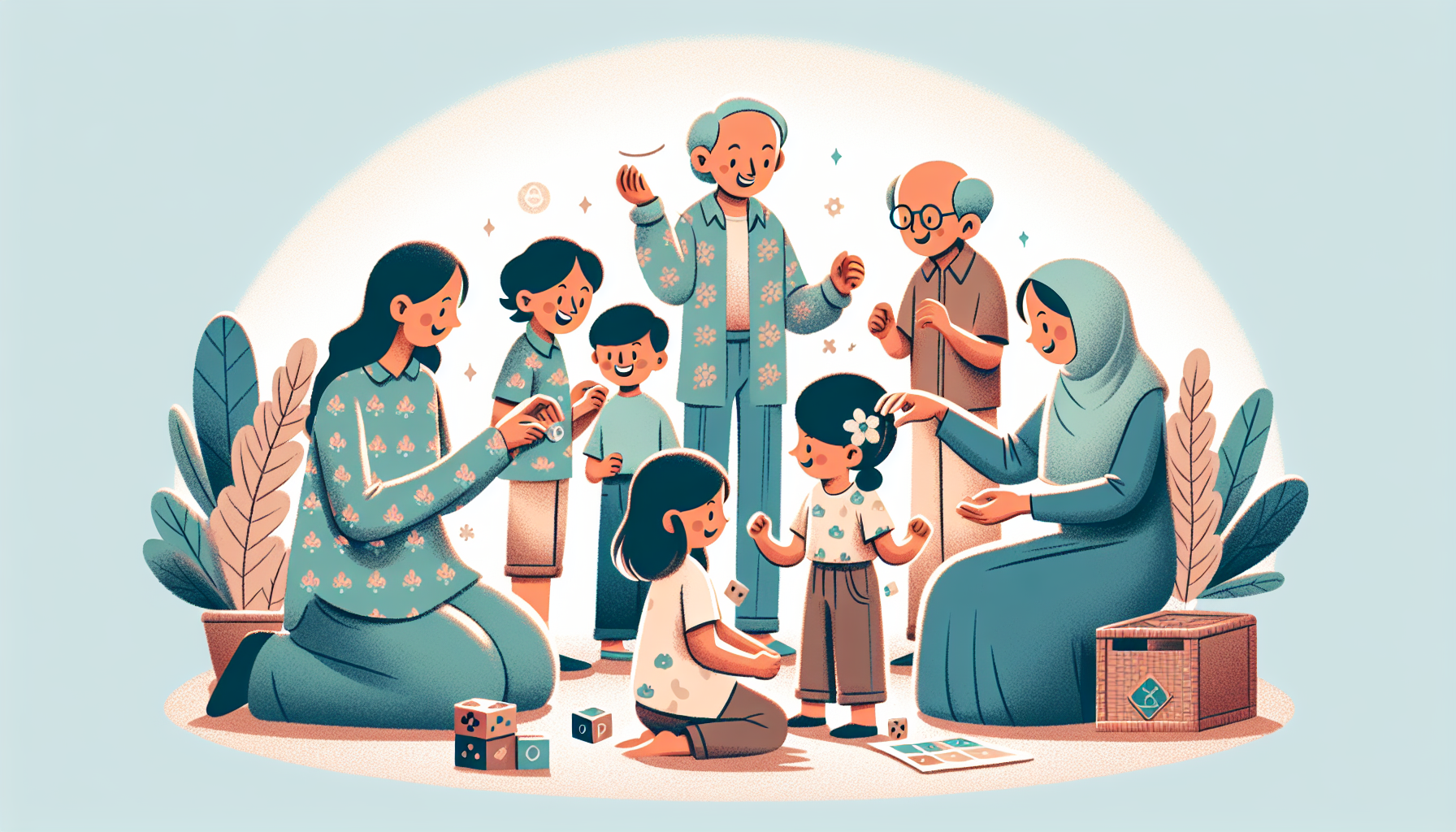“`html
Helping Children Make Friends and Build Social Skills
Every parent wants their child to thrive socially. Making friends and building strong social skills are essential for a child’s emotional well-being and overall development. But for many kids, navigating friendships and social interactions can be challenging. As a parent, you can play a key role in guiding your child to understand social dynamics and develop the tools they need to build meaningful relationships.
Why Social Development Matters
Social development is a cornerstone of a child’s mental and emotional health. When children form friendships, they learn important life skills such as cooperation, empathy, and problem-solving. These experiences also foster a sense of belonging and help children feel valued.
Research shows that children with strong social skills are more likely to succeed academically and later in life. By nurturing these skills early on, you’re giving your child the foundation they need to navigate a complex world with confidence.
Common Challenges Children Face
Not every child finds it easy to make friends. Some common obstacles include:
- Shyness: Feeling anxious or nervous in social situations can make it harder for kids to engage with peers.
- Lack of social awareness: Some children struggle to pick up on social cues, such as body language or tone of voice.
- Fear of rejection: The fear of being excluded or judged can prevent kids from taking the first step in forming friendships.
- Conflict resolution: Understanding how to handle disagreements or misunderstandings is a skill many kids need to learn.
How Parents Can Help
As a parent, you can play an active role in helping your child overcome these challenges and develop strong social skills. Here are some evidence-based strategies to consider:
1. Model Positive Social Behavior
Children learn a great deal by observing their parents. Demonstrate kindness, active listening, and empathy in your daily interactions. For example, when speaking with a friend or neighbor, make sure to show interest and maintain eye contact. This teaches your child how to engage with others effectively.
2. Encourage Playdates and Group Activities
Arrange opportunities for your child to interact with peers. Playdates, sports teams, and group classes provide a safe environment for children to practice their social skills. If your child is hesitant, start small by inviting one friend over for a short play session.
Structured activities, such as art classes or science clubs, can also help children bond over shared interests. According to research from the Child Mind Institute, participating in group activities helps children feel accepted and fosters teamwork.
3. Teach Emotional Regulation
Strong social skills are closely tied to emotional intelligence. Help your child identify and manage their emotions by using tools like feeling charts or journaling. Cognitive-behavioral therapy (CBT) techniques can be particularly helpful in teaching kids how to reframe negative thoughts and approach social situations with confidence.
For example, if your child says, “No one will want to play with me,” guide them to challenge that thought: “What evidence do you have for that? Maybe you just haven’t asked the right person yet.”
4. Role-Play Social Scenarios
Practice makes perfect! Role-playing common social situations can help your child feel more prepared. For instance, you can practice how to introduce themselves, join a game, or handle a disagreement. Keep the tone lighthearted and fun, so your child feels comfortable experimenting.
5. Celebrate Small Wins
Building social skills takes time, so celebrate your child’s progress along the way. Did they say “hello” to a new classmate or invite someone to play? Acknowledge these efforts and praise their courage. Positive reinforcement encourages kids to keep trying, even when socializing feels hard.
Practical Tips for Parents
Here are some additional tips to help your child make friends and develop communication skills:
- Be patient: Every child develops at their own pace. Avoid pressuring your child to make friends quickly.
- Provide a safe space: Create an environment where your child feels comfortable sharing their feelings and fears.
- Read books about friendship: Stories can be a powerful way to teach kids about empathy, kindness, and social interactions.
- Encourage hobbies: Exploring interests such as music, sports, or art can help your child connect with like-minded peers.
- Limit screen time: Encourage face-to-face interactions instead of relying too heavily on digital communication.
When to Seek Professional Help
If your child continues to struggle with social interactions despite your support, it may be helpful to consult a professional. A therapist or counselor can work with your child to identify underlying issues and develop tailored strategies. For example, children with autism or ADHD often benefit from specialized social skills training.
Conclusion
Helping your child make friends and build social skills is one of the most rewarding aspects of parenting. By fostering their social development, you’re equipping them with tools that will serve them for a lifetime. From modeling positive behavior to encouraging group activities and teaching emotional regulation, there are many ways you can support your child on this journey.
Remember, every small step counts. Celebrate your child’s efforts, provide a safe and loving environment, and don’t hesitate to seek help if needed. Together, you can help your child navigate the world of friendships with confidence and joy.
“`

